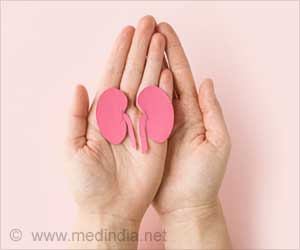Regular exercise, a drug-free approach, greatly benefits those who are suffering from hypertension.
A simple change in lifestyle could help people with high blood pressure. Regular exercise, a drug-free approach, greatly benefits those who are suffering from hypertension, according to a study. Although patients who receive exercise counseling seem to listen, few physicians actually take the time to talk about physical activity with their patients.
Just over one-third of people with a hypertension diagnosis said a clinician told them to increase their physical activity to help lower their blood pressure.Seventy-one percent of the patients with high blood pressure increased physical activity and saw a drop in blood pressure as a result.
“The blood pressure reduction was…unexpected, as this was not a trial to determine whether exercise would reduce blood pressure,” said lead study author Josiah Halm, M.D., a clinical assistant professor of medicine and hypertension specialist at the University of Wisconsin School of Medicine and Public Health. He added it was safe to conclude that exercise led to the blood pressure drop.
Medication alone helps only about a third of all patients with hypertension.
The study appears in the summer issue of the journal Ethnicity & Disease. The data come from the seventh National Health and Nutrition Examination Survey (NHANES III), conducted by the National Center for Health Statistics of the Centers for Disease Control and Prevention.
During 1988 to 1994 study period, 17,474 people completed household interviews, physical examinations and lab tests. Of these, 4,686 reported a previous diagnosis of high blood pressure.
Advertisement
Robert Block, M.D., agreed. He said the findings point “to the fact that preventive health services do not practically reach a very high priority in our medical system.” Block is an assistant professor in the Division of Epidemiology in the Department of Community and Preventive Medicine and consulting lipidologist in Preventive Cardiology at the University of Rochester. He had no affiliation with the study.
Although the NHANES III data was over a decade old, Halm said, “it sets the benchmark for comparison with current studies and future studies.”
According to Block, the finding that only 30 percent of people with hypertension received exercise counseling, “is very unfortunate, as such counseling is inexpensive and…recommended by the U.S. Preventive Services Task Force, a very well respected organization of health prevention experts.”
Source-Newswise
SRM














